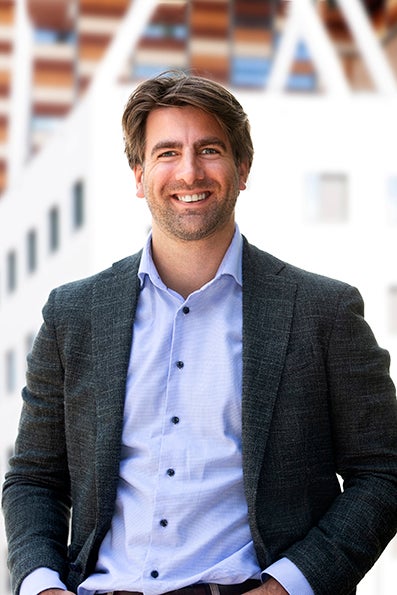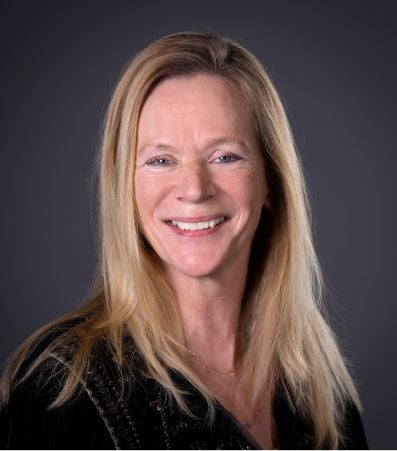What motivated you to participate in this workshop series?
When I joined the BKO course (UTP in English), I was obliged to follow one additional facultative course. I heard from our teachers about the Mixed Classroom workshop, which intrigued me because I had gone through diverse situations in which I didn’t always know what was the best and most fair way to act. Additionally, diversity is an increasingly prevalent topic in research grant applications; so I thought this would be a good learning opportunity for me.
Specifically, I recently supervised a Chinese PhD student whose PhD we had to stop, because it didn’t go as expected; and I wanted to see if I could learn anything that would have made me a better supervisor at the time.
Also, I had a general question about what to do when meeting diversity; on the one hand I would like to treat everyone equally. On the other hand, some handicaps or cultural differences need to receive extra attention and are actually better if they are not treated equally. This made me aware of a conflict; when should I treat everyone the same (disregarding differences) and when should I make differences explicit, so we can deal with them in a fair manner? Sometimes, I would ask people this question person-by-person, other times I noticed that we just go our ways or even avoid the question.
What appealed to you most about the programme?
The Mixed Classroom is set up in a series of meetings that focus on slightly different topics, with ample time for discussion and exchange of ideas. It started with making ourselves aware of our own “diversity” and potential bias towards others; I found this a great exercise. It made me aware that everyone has bias, and that this is a normal thing. We should not be ashamed about having the bias, but rather be aware of it and address it, such that it doesn’t confound our communication and learning styles. Sometimes, the danger can lie in not being aware of having bias, and trying to avoid the topic. There is a Dutch expression that says “wat de boer niet kent dat eet-ie niet” which loosely translates to “unknown is unloved”.
In our final meeting, a non-binary student joined our group to explain what it's like to grow up as non-binary in a binarily gendered world and teaching culture. This made me aware that reasons for diversity can sometimes only be understood when hearing them firsthand.
Are there things you do differently in your work now than before you attended the workshop series?
One example is that I now start every lecture by stating my own handicap; and if anyone else has a handicap or issue that they want to make me aware of, they should come to me personally and discuss this. My own handicap is that I’m slightly deaf and mentioning this helps the students understand if I ask them to repeat their answers. At the same time, I can then take this opportunity to mention that everyone should feel safe in the classroom, and I’m happy to help those who do not feel at ease for some reason.
To whom would you recommend this workshop series and why?
I would recommend this workshop to anyone, and also to those who do not teach. I believe this topic can benefit everyone, especially these days in which diversity awareness is (fortunately!) part of society.
Do you have any tips for other participants?
Especially for those who have to follow an extra teaching course to obtain their BKO, I cannot recommend the Mixed Classroom enough!
View the Mixed Classroom workshops
Henk-Jan Mutsaerts on the workshop Mixed Classroom in Practice
Henk-Jan Mutsaerts is Assistant Professor and a medical doctor with a passion for image processing at Amsterdam UMC. In this interview, he shares his experiences with the VU Centre for Teaching & Learning's Mixed Classroom in Practice workshop.

